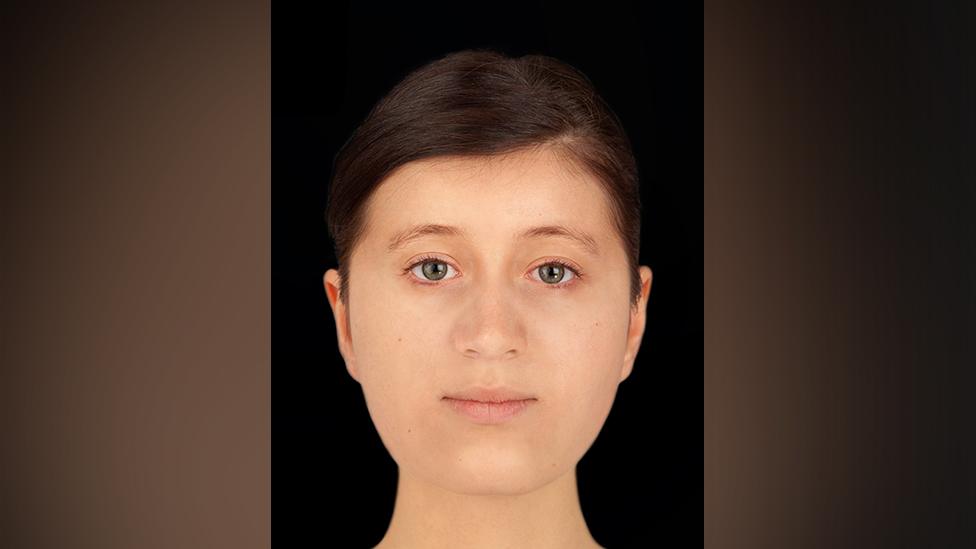Veteran's grave found 100 years after his death
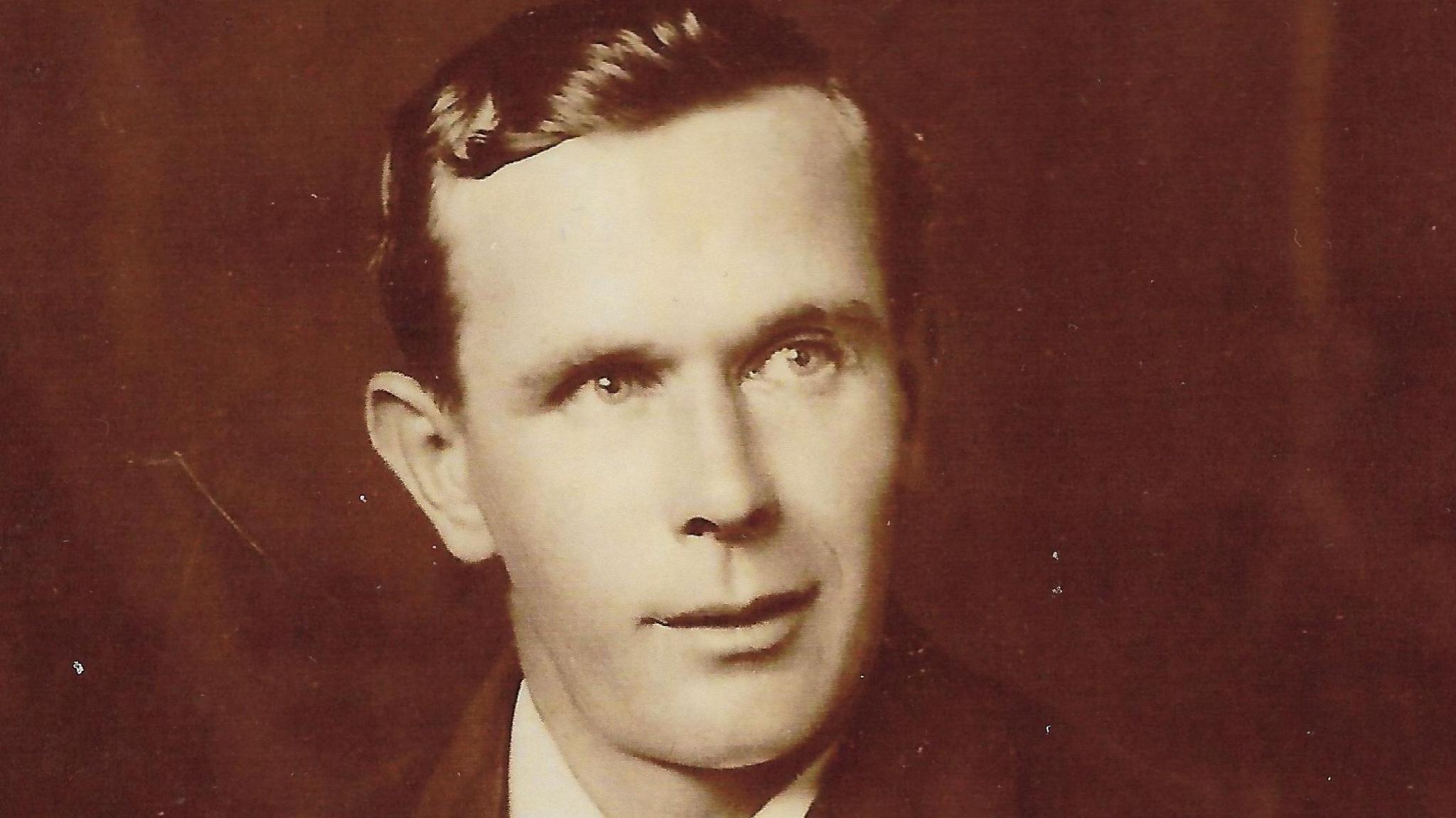
Harry Barker died in December 1925 after a collision with a bus while riding his bike in St Ives, Cambridgeshire
- Published
The family of a Royal Navy veteran has located his grave 100 years after his death.
Harry Barker was born in 1880 in High Barnet, Middlesex, and volunteered to be a navy diver as well as carry out merchant ship service during World War One.
He survived a torpedo attack and, once he retired from the navy in 1924, moved to Cambridgeshire and ran the Three Horseshoes Pub in Needingworth.
Following a BBC Radio Cambridgeshire appeal, a local historian investigated and said he believed Mr Barker was buried in one of three unmarked graves at the Baptist cemetery in the village.
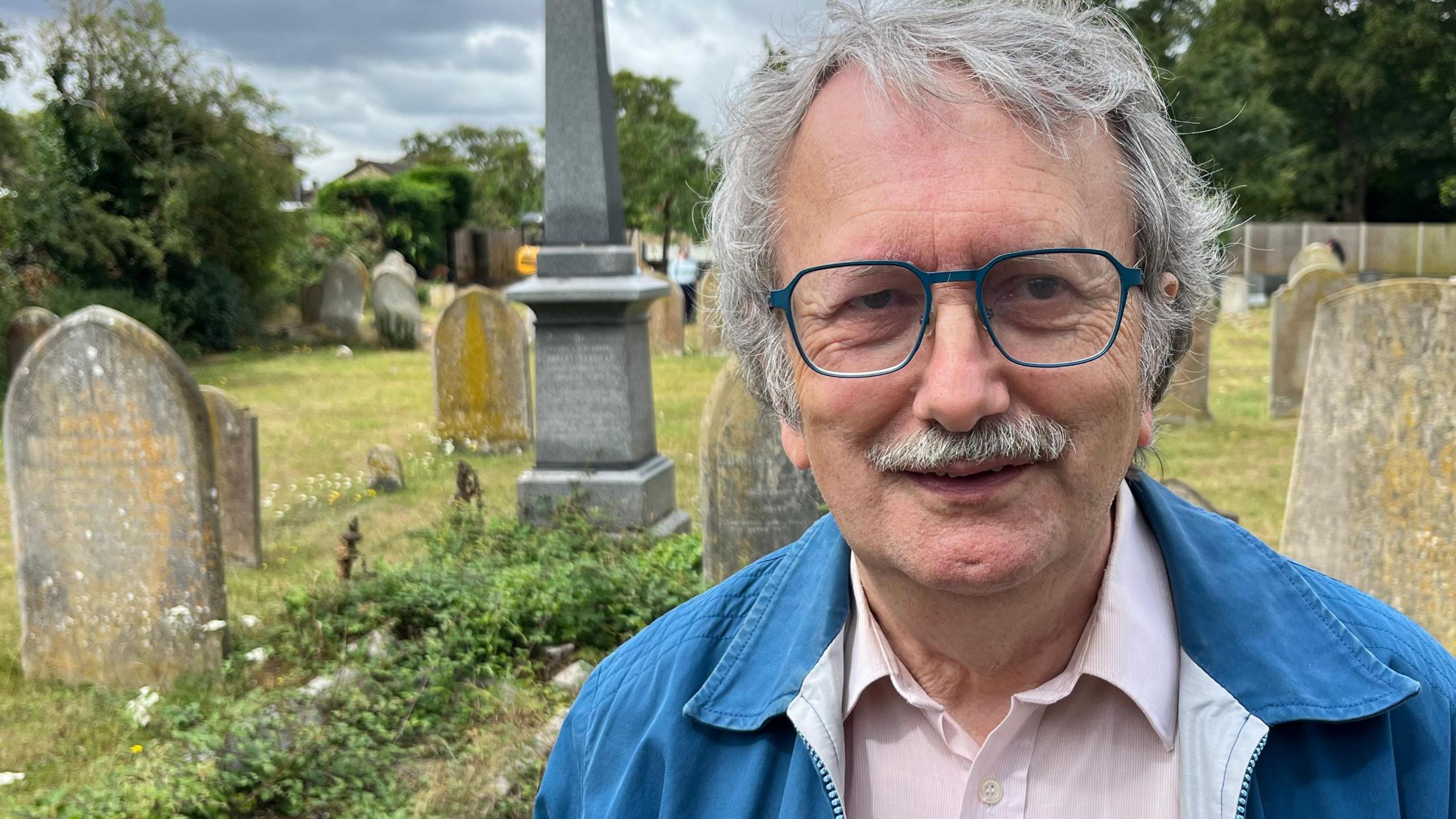
Historian David Edwards said the fact Mr Barker died in 1925 but was not buried until 1926 made the search for his grave more difficult
At first, historian David Edwards, from Doddington, thought it would be "fairly easy" to find someone who had died 100 years ago but then discovered many records from the time had been destroyed after a fire at the chapel in Needingworth.
He found a report of the funeral using the British newspaper archive and was made aware of a local cemetery with three unmarked graves, one of which was likely to belong to Mr Barker, but it was "almost impossible" to tell which.
"Finding the graves of long-lost relatives is perhaps one of the most fascinating parts of family history," Mr Edwards said. "It's always a pleasure to see the reactions of families."
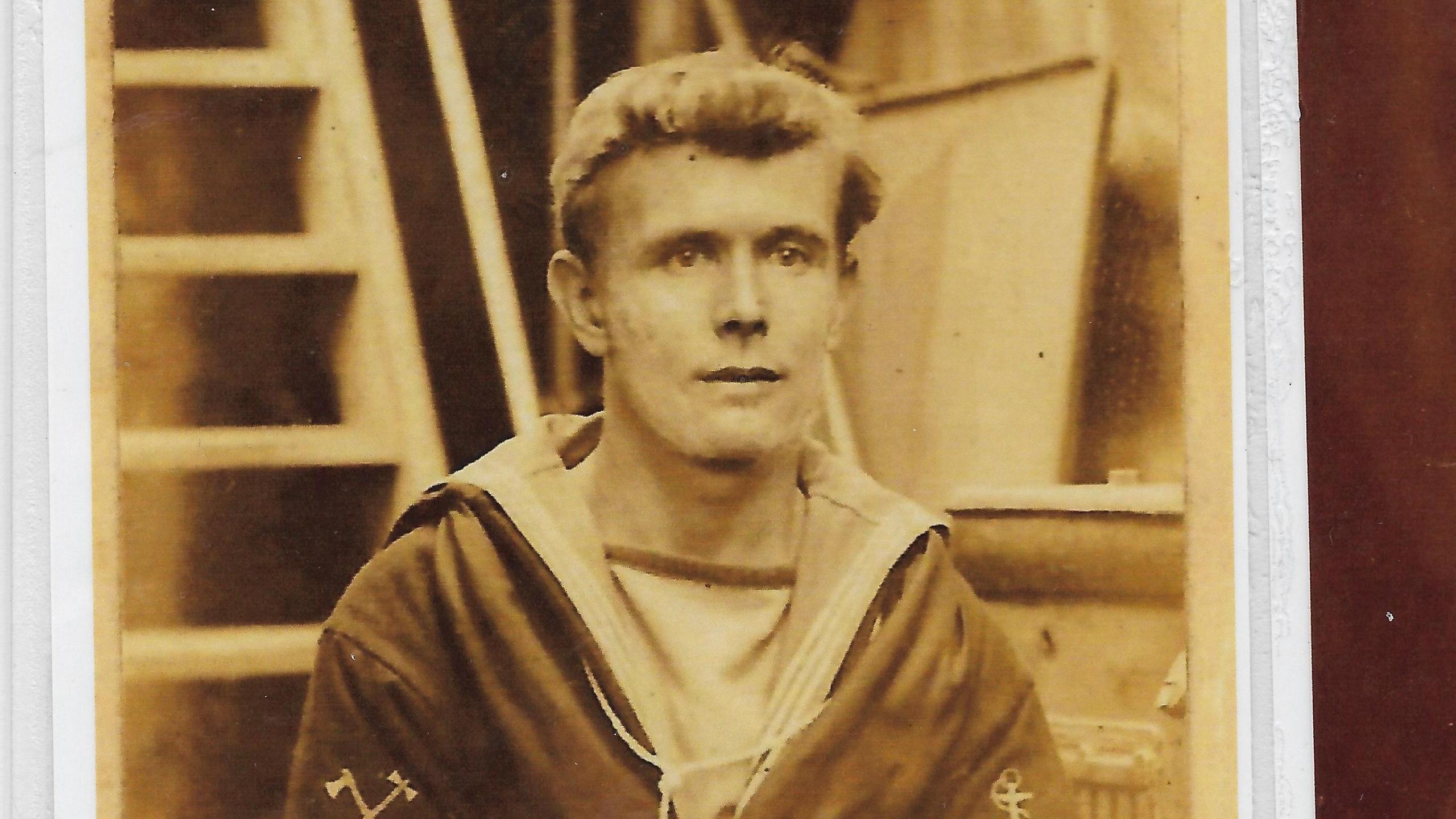
Mr Barker married Gertrude Mary Roper in 1900 and they had two daughters
During the war, Mr Barker worked with the Q Ship service, which was classed as secret work and extremely dangerous, and he survived a torpedo attack that sunk his ship.
He later volunteered as a navy diver, which involved making mines and torpedoes safe while wearing an old-fashioned diving rig.
Mr Barker married his second wife in 1922 and retired from the navy two years later.
He died after he was hit by a bus in St Ives while riding a bike.
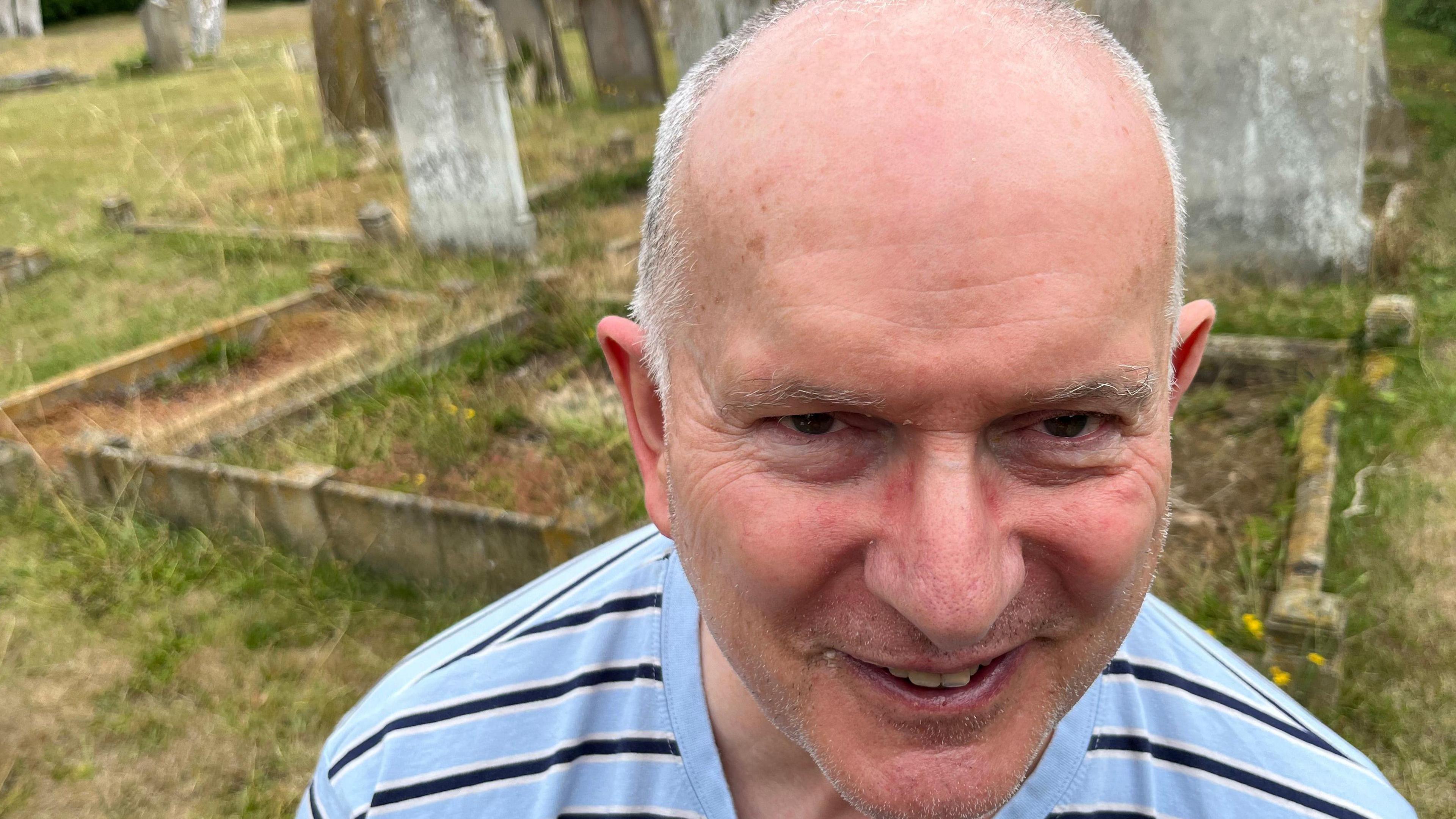
David Webb is Mr Barker's great nephew
Mr Barker's great-grandson Kevin Brooks, from Kent, said: "It feels strange but it's good and finally something has been put to rest.
"I can tell my mum, who is in her 90s, the mystery has been solved after all these years."
David Webb, another relative from Kent, said: "We have been looking for a long time, 15 years, maybe more.
"David Edwards has done so much hard work in such a limited time... I am entirely grateful," he added.
Get in touch
Do you have a story suggestion for Cambridgeshire?
Follow Cambridgeshire news on BBC Sounds, Facebook, external, Instagram, external and X, external.
Related topics
More stories like this
- Published1 May
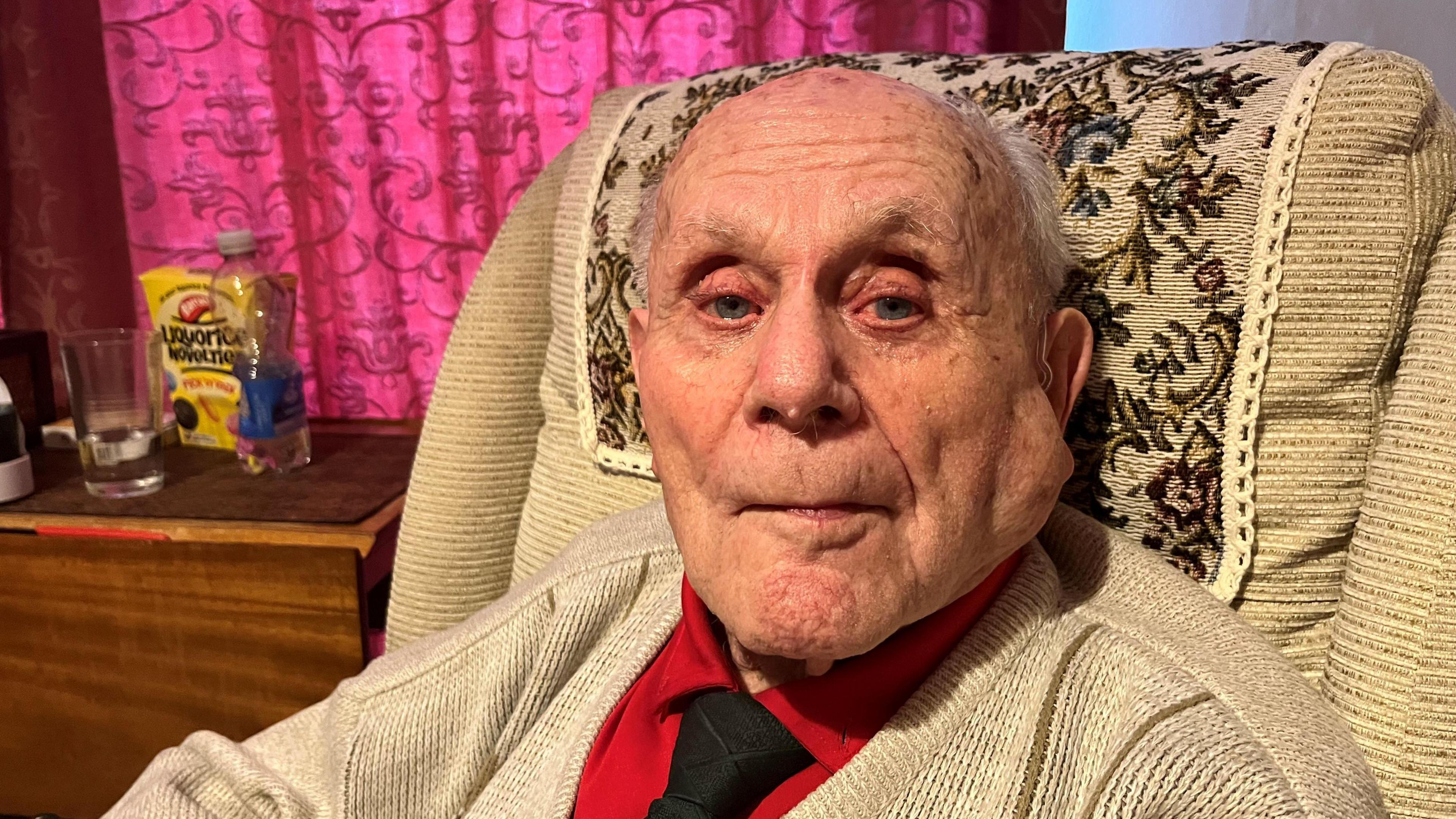
- Published26 April

- Published20 June 2023
